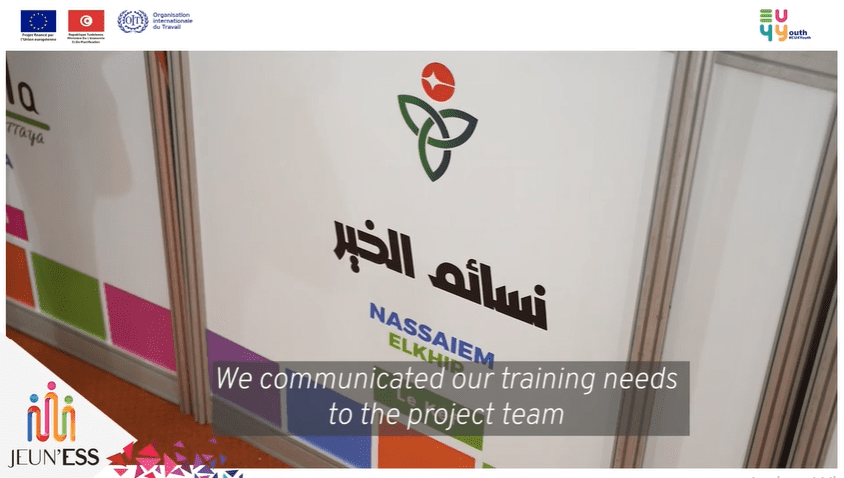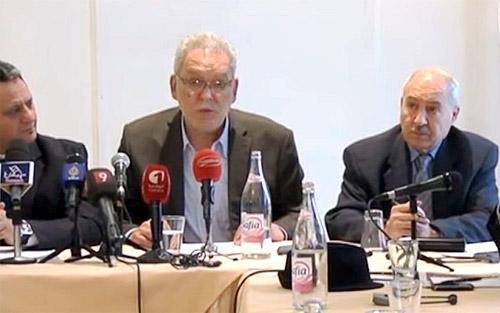JEUN’ESS supports Nassaem el Khir: A Tunisian Women’s Cooperative Driving Sustainable Agriculture

The COVID-19 pandemic has exposed the vulnerabilities of rural communities, particularly for women. Against this backdrop, the agricultural cooperative Nassaem el Khir, located in the Kef region of Tunisia, stands out as an innovative and solidarity-based response. Comprising 34 young women, this cooperative aims to strengthen women’s economic empowerment while promoting sustainable agriculture.
Supported by the JEUN’ESS project, Nassaem el Khir secured the necessary equipment to launch its activities, despite challenges in accessing credit, training, and markets. Leila Chikhaoui, one of the co-founders, explains: “The crisis has shown us the importance of producing locally and supporting short supply chains. Our cooperative is both a response to this need and an opportunity for women to take control of their own destinies.”
While the lack of training centers and limited working capital pose challenges to their growth, the women of Nassaem el Khir continue to demonstrate resilience and ingenuity. Their move towards diversified products, such as dried tomatoes, reflects their adaptability to economic challenges.
The journey of Nassaem el Khir highlights both the challenges and opportunities faced by rural women in developing countries. Their commitment to sustainable and inclusive agriculture serves as an inspiration, underscoring the need to invest in women and promote social and solidarity economies to build a fairer and more inclusive future for all.



























 Syria
Syria 



